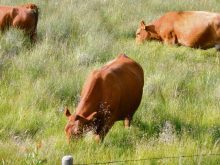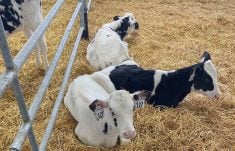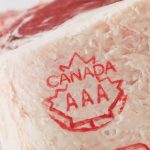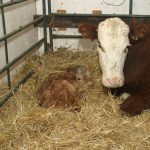Glacier FarmMedia – Canada’s pork industry says California’s attempts to impose animal care orders on out-of-state farmers aren’t allowed under trade regulations, but there’s little clarity on which rules that would break.
“It’s not permitted to create non-tariff trade barriers … this clearly has done that,” said Stephen Heckbert, executive director of the Canadian Pork Council.
He said World Trade Organization regulations and the United States-Mexico-Canada trade agreement don’t allow California to enforce its Proposition 12 legislation on Canada, and trade could become impossible if every state has its own regulations.
Read Also
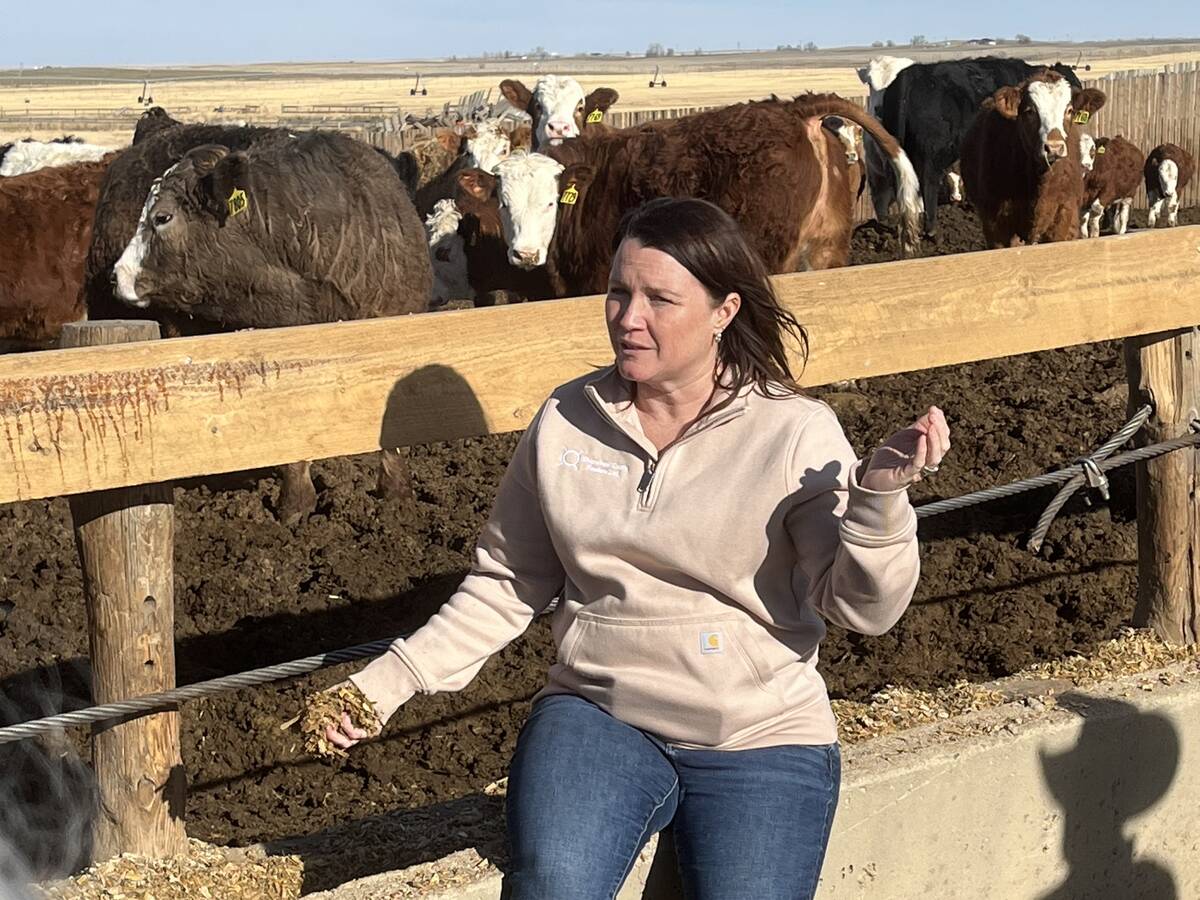
Roots of Resilience: The 50-year evolution of Shipwheel Cattle Feeders
Alberta’s Shipwheel Cattle Feeders is one of Canada’s pioneers in holistic regenerative agricultural practices.
Proposition 12, more commonly known as Prop 12, is a California ballot initiative to ban the sale of many meat products, including most pork, if they weren’t produced in line with the state’s animal care standards. That applies to meat imported from out of state.
Applicable standards for pork require 24 square feet of space for each pig during gestation, and breeding animals must have room to turn around, lie down and fully extend their limbs without hindrance.
In 2018, Californians voted to move ahead with the law, which came into force this summer.
Other states, such as Massachusetts, have since sought to implement similar rules.
The inclusion of imported meat raised concern from the Canadian sector, which exports pork and live animals to the U.S. The fine details of Canada’s national animal care standards may clash with California’s, the Canadian sector has said, although it argues that Canada’s own path toward group housing is well underway.
Earlier this year, Manitoba Pork Council general manager Cam Dahl estimated that 60 per cent of that province’s pigs were in barns with group housing.
Is it actionable?
Heckbert offered few details about provisions in USMCA or WTO rules that Prop 12 would contravene.
“This could end up in a legal court proceeding, so I don’t want to sort of, you know, spell out our case too much in advance,” he said.
He clarified that by “court,” he meant one of the USMCA or WTO dispute mechanisms.
Canada’s national farm animal care codes are part of its trade agreement with the U.S., and vice versa, he added.
“We would argue, and we want the Canadian government to argue, [that Prop 12] is counter to provisions within those trade agreements,” he said.
Grey areas
Glacier FarmMedia found few trade law experts able shed light on the issue.
The impacts of Prop 12 may fall into one of several grey areas, said Jill Hobbs, a professor in the University of Saskatchewan’s department of agricultural and resource economics.
She cited the WTO’s “technical barriers to trade” rules, which preclude countries from discriminating between like products based on things like production methods. However, Hobbs said, what constitutes “like” products is a subject of debate.
Prop 12 also doesn’t prohibit Canadian farmers from exporting to the U.S.
“It’s not clear to me where that would stand in the trade law,” Hobbs said. Things become yet more complicated when it’s a U.S. state, rather than the country, that made the contested policy.
The Canadian government said it’s analyzing the situation and is “considering the U.S.’ obligations under the World Trade Organization (WTO) and Canada-U.S.-Mexico Agreement (CUSMA),” according to a statement sent to Glacier FarmMedia Sept. 22.
Prop 12 has been in force in California since July 1, although a transition period was granted to clear non-compliant pork that was already in distribution, according to an explainer from the state’s department of food and agriculture.
By the start of 2024, pork distributors will need to submit third-party certification to say they are compliant, the explainer added.
Heckbert said some Canadian groups are seeking certification so they can audit farms for compliance, but this is still in early stages.
The California effect
California has a history of setting strict rules and getting others to dance to its tune; so much so that some academics coined the term “the California effect.”
In the 1970s, the U.S. government allowed California to set its own automobile emissions standards, which were stricter than those for the rest of the country, wrote David Vogel in his 1995 book “Trading up: consumer and environmental regulation in a global economy.”
In 1990, the American government adopted this stricter standard and allowed California to, once again, set its own more rigorous regulations.
“Instead of states with laxer standards undermining those with stricter ones, in the case of automobile emissions precisely the opposite has occurred: California has helped make American mobile emissions standards steadily stronger,” Vogel said.
Jurisdictions that have stricter standards may also force foreign producers to meet those standards or sacrifice export markets, Vogel added.
California comprises a large market. The state has an estimated population of over 39 million, according to a 2022 estimate from the U.S. Census Bureau. That’s a little less than the total population of Canada.
This caused headaches for the German car industry in 2020 when California decided to ban sales of new gasoline and diesel vehicles starting in 2035. Manufacturers including Ford, GM and Toyota promised to play ball, according to an August 2022 report from technology news website CNET.
Producers push back
American farm groups have tried to quash Prop 12 and similar rules being formed in other states. The National Pork Producers Council took the issue all the way to the U.S. Supreme Court, where they argued that it “violates the U.S. Constitution by impermissibly burdening interstate commerce,” according to court records.
In May, the Supreme Court ruled against the NPPC, saying it hadn’t demonstrated adequate legal grounds for a complaint.
“While the Constitution addresses many weighty issues, the type of pork chops California merchants may sell is not on that list,” said Justice Neil Gorsuch in the decision.
The NPPC also supported the Ending Agricultural Trade Suppression Act, a bill that would curb the ability of states to regulate agricultural products sold within their borders. That act was rolled into an omnibus farm bill, which failed to pass by its Sept. 30 deadline.
– This article was originally published at the Manitoba Co-operator.




